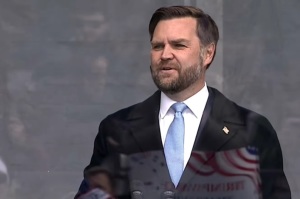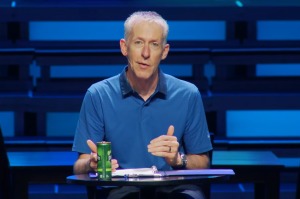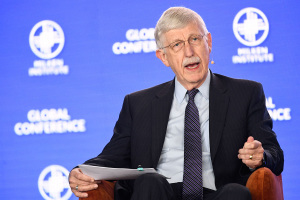Over 1,000 Christian Professors Sign Statement Recognizing 'Sins of Racism, Misogyny, Nativism'
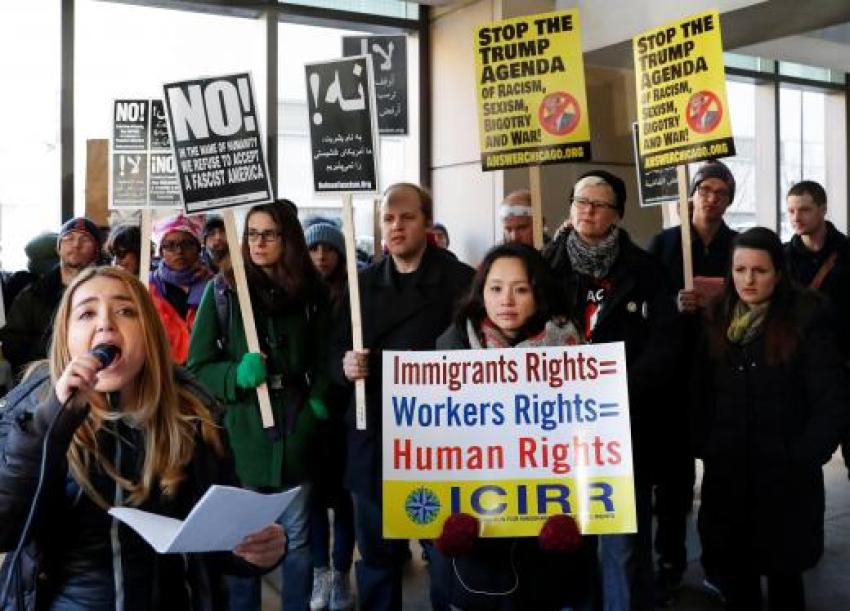
A diverse group of more than 1,000 Christian teachers and professors from across the United States have signed a statement centered on the promise to recognize and defend "vulnerable populations."
Available at a website titled "Confessing Faculty," the statement was first drafted and circulated in January at Chicago's North Park Theological Seminary, before being adapted by professors at Westmont College of Santa Barbara, California.
From there it was posted online in March and has garnered as of Monday morning over 1,000 signatories from schools both Christian and secular, and educators liberal and conservative.
"The United States has experienced a contentious election and post-election season marked by fear, polarization, and violence. The current political climate reveals longstanding national sins of racism, misogyny, nativism, and great economic disparity," reads the statement in part.
"As faculty members of Christian institutions of higher education who represent varying degrees of privilege and power (but who are not representing those institutions in this document), we, the undersigned, join our voices with those who are most vulnerable."
Signers are both from theologically liberal schools, such as Princeton Seminary and Yale Divinity School, and theologically conservative schools, such as Calvin College, Fuller Seminary and Wheaton College.
The statement also contains a confession that Christians have sometimes been part of the problem.
"Many people of color, women, and other marginalized groups feel increasingly alienated not only in the current national context but in much of the white evangelical culture as well," the statement added.
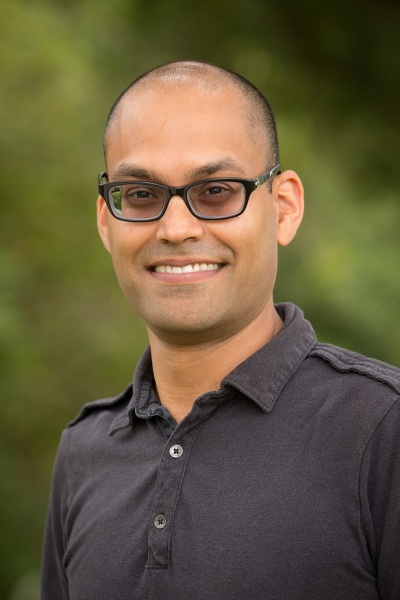
Sameer Yadav, assistant professor of Religious Studies at Westmont College, was one of three faculty at the Christian liberal arts school to help adapt the statement.
In an interview with The Christian Post, Yadav explained that he and his peers were not speaking as representatives of Westmont, but rather sought "to make a statement for the sake of our students and communities about what we as Christian professors take to be our calling and responsibility in the current political climate."
"The site takes its name 'Confessing Faculty' from the 1934 Barmen declaration of 'the Confessing Church' that opposed the nationalism of German Christians during the Nazi era," explained Yadav.
"The allusion is not intended to equate the deep disorders of American social and political life with Nazism, but to emphasize the importance of not allowing the cultural or political aims of the state to co-opt the aims of the church."
Yadav told CP that he saw the statement as "a call to confession and repentance where that is appropriate" and also "a call to action for all Christians working in the academy."
"I hope that it leads to coalitions between faculty across a lot of theological and institutional divides to perform the Christian and intellectual work of resistance together, rather than in our disciplinary or institutional silos," continued Yadav.
One of the many signatories is Erin Smith, assistant professor of Psychology at California Baptist University. Smith explained to CP that she signed the statement last week when she first became aware of it.
"It is out of my Christian convictions that I believe it is so important we talk about justice, prejudice, discrimination, suffering, privilege ... always with an eye toward our individual and collective responsibility to act," said Smith.
"As such, I signed this statement as a symbol of my desire to continue to be more like Jesus who didn't just love in the abstract, but loved people. Real people. Broken people with messy lives."
Smith also told CP that she especially liked the final paragraph of the statement, which reads as follows: "We confess that we have, too often, failed in calling out injustice, in loving and knowing our neighbors, and in properly stewarding God's creation. We pray for genuine conviction to undo the harm we have caused. In the midst of real suffering within our community, we humbly seek not only to love our neighbor but to know our neighbor (Luke 10:29), through our conversations, classroom discussions, and times of prayer. We hope to embody a community in which walls of hostility are broken down (Eph. 2:14) and where love casts out all fear (1 John 4:18)."
"I think the last paragraph of the Confessing Faculty document is on point. It is a confession and prayer, both of which are true in my life," noted Smith.
"I don't pretend to have it all figured out, but I trust that as I walk by faith, the Holy Spirit will correct and guide me so that my life might be a pleasing aroma of Christ."
















